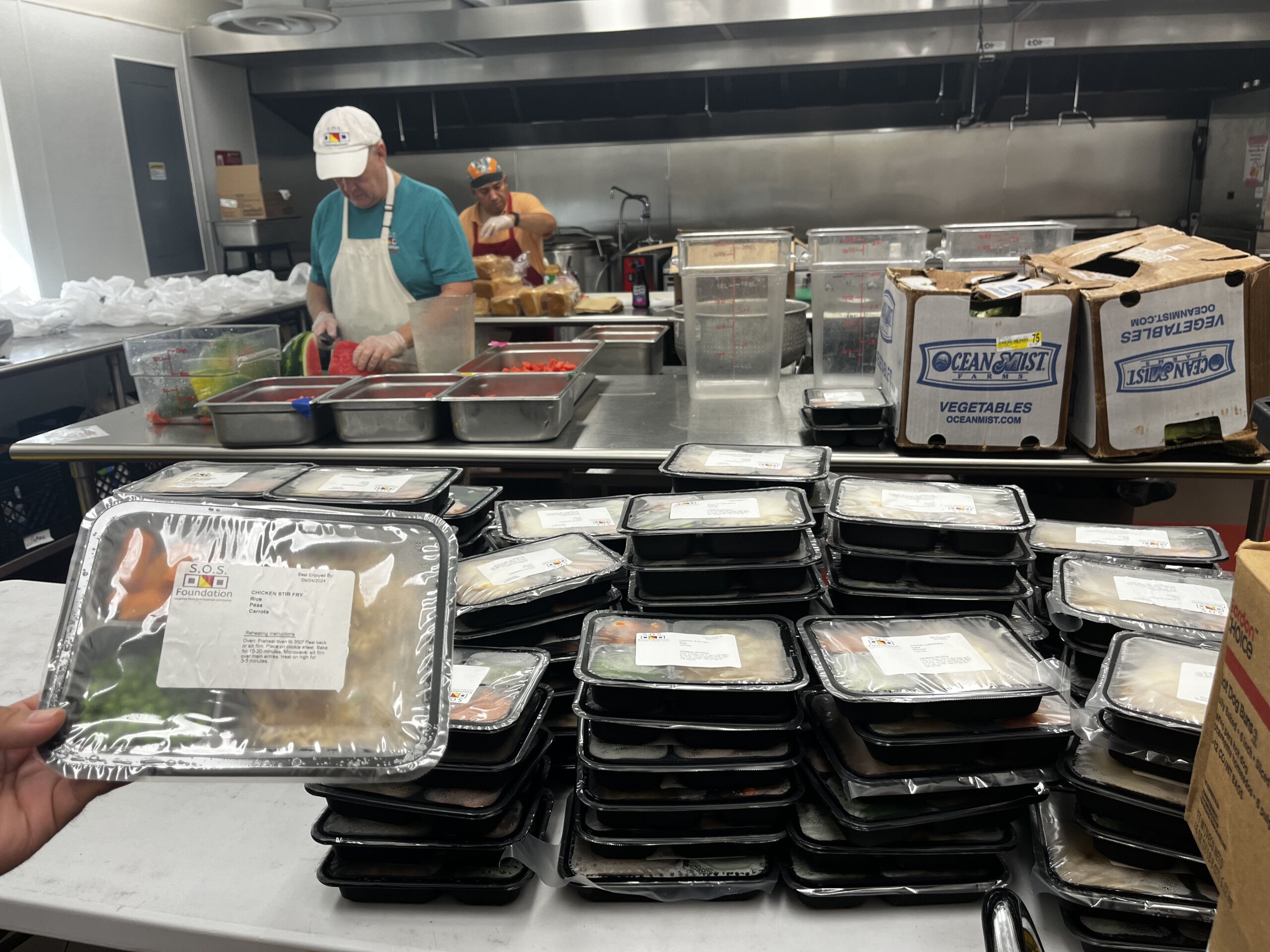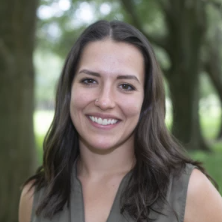Florida is opting out of a federal summer food assistance program for the second year in a row.
The Summer Electronic Benefit Transfer Program for Children, also known as Sun Bucks, is designed to help parents cover grocery bills in the summer, when school-provided free and reduced meals are less available.
Parents can receive preloaded cards with $40 a month, per eligible child, based on income guidelines.
To participate in the program, states must notify the U.S. Department of Agriculture food and nutrition office, which funds the program. States must also be willing to incur a share of the administrative costs to run the program.
Florida declined to participate in the program in 2024, turning down over $250 million in nutritional aid, according to the Florida Policy Institute.
Florida missed the deadline Thursday to opt into the program for 2025 as well.
Sky Beard, the director of No Kid Hungry Florida, said the state is leaving money on the table at a time when food insecurity is on the rise.
“We’ve got one in five kids right now living in homes where that next meal is not a guarantee, and to pass up an opportunity since such as Sun Bucks is unfortunate,” she said.

In a survey published by No Kid Hungry in April, 72% of Floridians reported that it was harder to afford groceries compared to a year ago.
Many respondents also said they are resorting to shopping at multiple store locations, traveling farther for less expensive options and foregoing fresh food, like produce, when shopping.
She said Florida’s decision to decline additional food assistance for families in recent years is forcing nonprofits to pick up more of the costs to serve parents and kids.
Earlier this year, spokesperson Mallory McManus for the Florida Department of Children and Families, which administers SNAP benefits in the state, said the decision to decline additional food assistance is inconsequential for Florida families.
“We anticipate that our state’s full approach to serving children will continue to be successful this year without any additional federal programs that inherently always come with some federal strings attached,” McManus said.
Beard said she wishes that were true.
“I wish nothing more … that we could say … we’ve got everything we need, families are fully taken care of and we have no hunger for children,” she said.
In Florida, Beard said that’s not yet the case.







